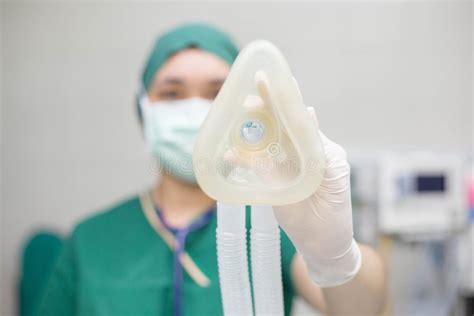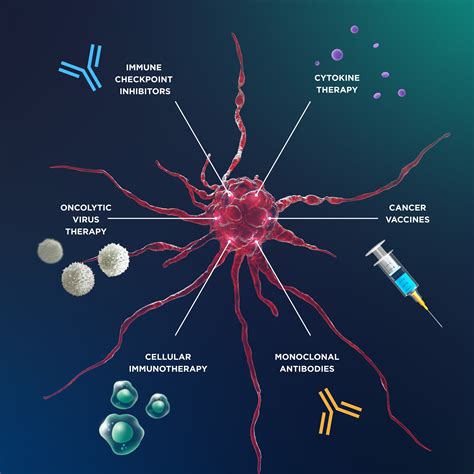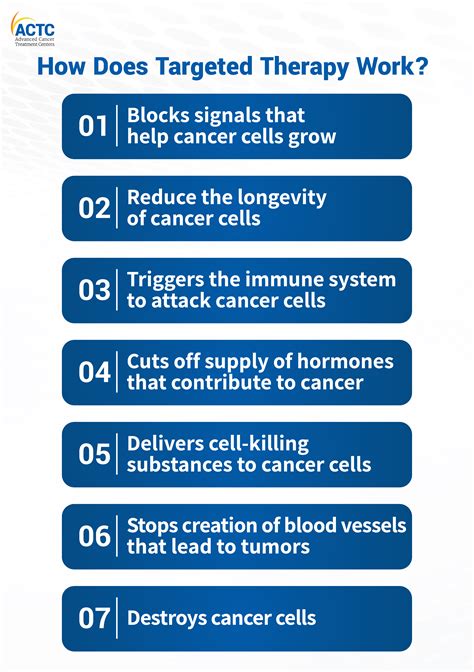Intro
Discover effective ways to treat skin cancer with our expert guide. Learn about 7 proven methods, including surgery, immunotherapy, and targeted therapy, to combat melanoma, basal cell carcinoma, and squamous cell carcinoma. Explore the latest treatments, symptoms, and prevention strategies to manage skin cancer and improve your skin health.
Skin cancer is one of the most common types of cancer worldwide, with millions of people diagnosed every year. While it can be a life-threatening condition, there are various effective ways to treat skin cancer, depending on the type, stage, and severity of the disease. In this article, we will explore seven ways to treat skin cancer effectively.
Understanding Skin Cancer
Before we dive into the treatment options, it's essential to understand the basics of skin cancer. Skin cancer occurs when abnormal cells in the skin grow and multiply uncontrollably, forming a tumor. There are three main types of skin cancer: basal cell carcinoma, squamous cell carcinoma, and melanoma. Each type has distinct characteristics and requires different treatment approaches.
1. Surgical Excision

Surgical excision is a common treatment for skin cancer, where the tumor is removed along with a margin of healthy skin surrounding it. The goal is to remove all cancerous cells while preserving as much healthy skin as possible. This method is usually effective for early-stage skin cancers.
2. Mohs Surgery
Mohs Surgery: A Precise Approach
Mohs surgery is a specialized surgical technique used to treat skin cancer, particularly for tumors that are large, aggressive, or located in sensitive areas. During the procedure, the surgeon removes the tumor layer by layer, examining each layer under a microscope to ensure all cancerous cells are removed.
3. Radiation Therapy

Radiation therapy uses high-energy rays to kill cancer cells. This treatment is often used for skin cancers that are difficult to treat surgically or for patients who are not good candidates for surgery. Radiation therapy can be delivered externally (external beam radiation therapy) or internally (brachytherapy).
4. Chemotherapy
Chemotherapy: Targeting Cancer Cells
Chemotherapy uses medications to kill cancer cells or slow their growth. For skin cancer, chemotherapy is often used in combination with other treatments, such as surgery or radiation therapy. Topical chemotherapy creams or gels can be applied directly to the skin to treat early-stage skin cancers.
5. Immunotherapy

Immunotherapy harnesses the power of the immune system to fight cancer. This treatment approach uses medications that stimulate the immune system to recognize and attack cancer cells. Immunotherapy has shown promising results in treating advanced skin cancers, particularly melanoma.
6. Photodynamic Therapy
Photodynamic Therapy: A Light-Based Approach
Photodynamic therapy uses a light-sensitive medication and a special light source to kill cancer cells. This treatment is often used for early-stage skin cancers, particularly those that are superficial or have not spread deeply into the skin.
7. Targeted Therapy

Targeted therapy uses medications that specifically target cancer cells, reducing harm to healthy cells. This approach is often used for advanced skin cancers, particularly melanoma, where the cancer has spread to other parts of the body.
Conclusion
Skin cancer treatment has evolved significantly over the years, offering various effective options for patients. While surgery remains a common treatment approach, other methods like radiation therapy, chemotherapy, immunotherapy, photodynamic therapy, and targeted therapy have shown promising results. It's essential to consult with a healthcare professional to determine the best course of treatment for your specific skin cancer diagnosis.
FAQs
What is the most common type of skin cancer?
+Basal cell carcinoma is the most common type of skin cancer, accounting for about 80% of all skin cancer cases.
Can skin cancer be prevented?
+Yes, skin cancer can be prevented by reducing exposure to the sun's ultraviolet (UV) rays, using sunscreen, and avoiding tanning beds.
What are the symptoms of skin cancer?
+Symptoms of skin cancer may include a new or changing mole, a sore that doesn't heal, or a patch of skin that is different from the surrounding skin.
We hope this article has provided you with a comprehensive understanding of the various ways to treat skin cancer effectively. If you have any further questions or concerns, please don't hesitate to comment below or share this article with a friend who may benefit from this information.

